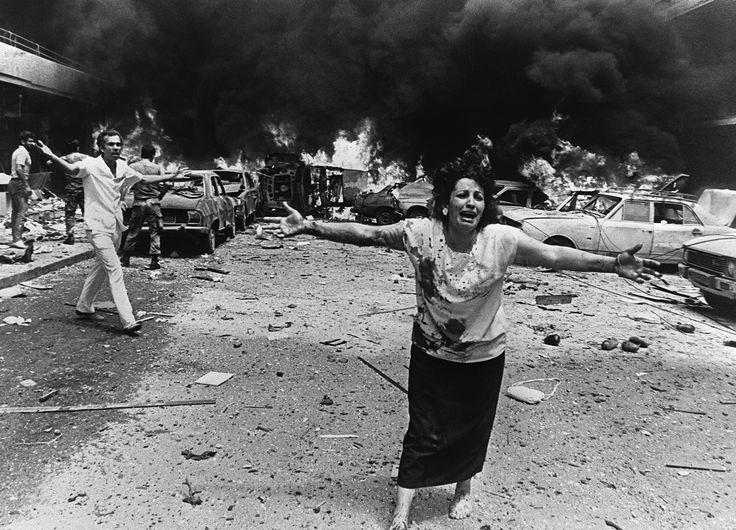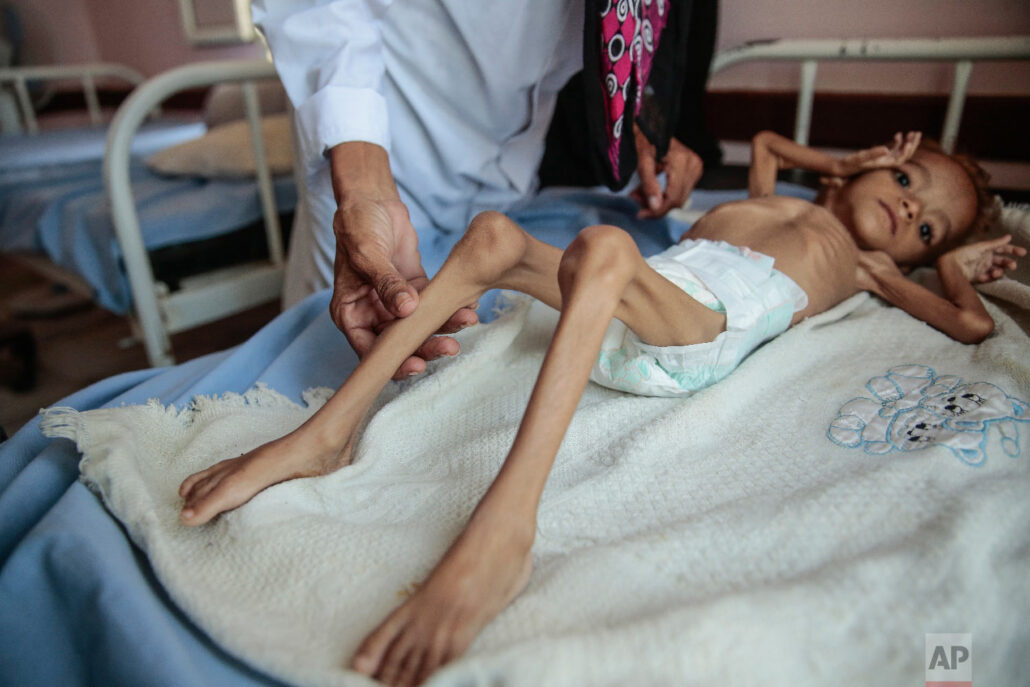
“Listen up—there’s no war that will end all wars” -Haruki Murakami, Kafka on the Shore
The recent face-off between Chinese and Indian soldiers along the Line of Actual Control (LAC) in Galwan Valley has taken most of us in Kashmir with surprise. This surprise was another reminder of how over the years our neighbours have engaged in wars, over Kashmir. And undoubtedly, in our bubble, war seems like the only solution.
In the midst of our frustrations and the never-ending sufferings as Kashmiris, what we don’t acknowledge is the history and our realities. We tend to escape the very plain fact that wars are never really won by anyone.
Wars have never really resolved conflicts. Wars just reduce or eliminate the ability to continue fighting on one or both the sides. This, in turn, resolves the reason to fight in the first place. After an ample number of years filled with millions of deaths, people becoming refugees, humanitarian crisis, demolished infrastructures, dreams, and blurring reasons to continue fighting, wars end up with ‘ceasefires’, ‘treaties’ and ‘one to one talks’, Things that should have been done in the very first place.
Is our failure of not being able to communicate worthy of losing millions of innocent lives? The truth is that wars would be endless if it was not for humanity’s own limits.

Wars are no win-lose situations. If a nation wins the war they lose people and money; if they lose, they lose people, money, and the narrative.
The 1947, 1965 Indo-Pakistan Wars as well as the China-India War of 1962, in all honesty, was all effectively a stalemate. None of these wars benefited us Kashmiris as a whole. Let’s not forget the lives lost and yet no peace was achieved. Nonetheless, they ended up in agreements that agreed to solve the Kashmir dispute through peaceful means including dialogue, which stopped further escalations- Something, these countries could have been achieved without the need to lose lives in the first place.
Our current leanings towards war raises serious questions such as, even if these countries go into war again for once and for all, as of now, how long will we be able to survive as a community?
A study by the International Institute for Strategic Studies states that 60% of the world’s wars have lasted for at least a decade. Let us not forget that the more wars we go into, the more the wars will be fought near human abodes and not on the borders. How self-sufficient are we? Are we willing to undergo humanitarian crisis like Yemen, Syria, Afghanistan, Libya and several other nations? The very countries where the war and the endless killings have become normalised up to an extent that it just takes a ‘skip add’ for us on YouTube to ignore their cries for help.
Moreover, are we really looking towards a war where our voices are silenced and our wishes completely ignored?

Even if we agree that war is not the solution, does it mean it’s avoidable?
After the failure of the Soviet Union in challenging the US hegemony, today after many years we are facing a similar threat, a similar new challenge- China. This brings us to compare our current situation to the happenings that led to the World Wars and major global regional conflicts in the 20th century. The global economy is crumbling, countries are highly engaging in an ‘Arms race’, almost every country is having internal turmoil, countries prefer closed economies in terms of imposing immigration laws and tariffs, and let’s not forget the Global Pandemic. Narratives of self-help, self-interest, ethnic-religious nationalism and economic power are again playing a big role. This seems all too similar to situations that escalated global conflicts to wars in the 20th Century.

Today the globe is posed with a similar sort of a threat, where the countries no longer trust each other like they did post World War II. Capitalist ideologies that lead to colonization are budding in a corporate world backed by governments themselves. Democratic norms and institutes that denounce war are falling week i.e. International Court of Justice, United Nations, Media & even the judiciary. So we never know what hiccups like the recent clash at Galwan Valley would lead to. At the current time, one could reasonably say war seems inventible. But for all reasons we have seen through history, it should be avoided.
The Kashmir conflict can be forever solved through negotiations and dialogue where the Kashmiri narrative is paid heed to, but, the question is who is going to step up? If no one steps ups, what other measures are there to push the nations to talk instead of wars?
Have economic sanctions pressured Iran, China, and Qatar to talks in the modern era? If not, what is the alternative? There is only so much heat a region can take before it blows up. If it’s too late we might be undoubtedly welcoming another major war in the near future.
Acknowledging that wars have been successful is pushing countries to come to agreements but they also have done so at the cost of countless miseries, all of which could have been avoided in the first place. Given the variables, a war over Kashmir is too much of a gamble to take in hopes of something better, especially when war has never really resulted in peace.




